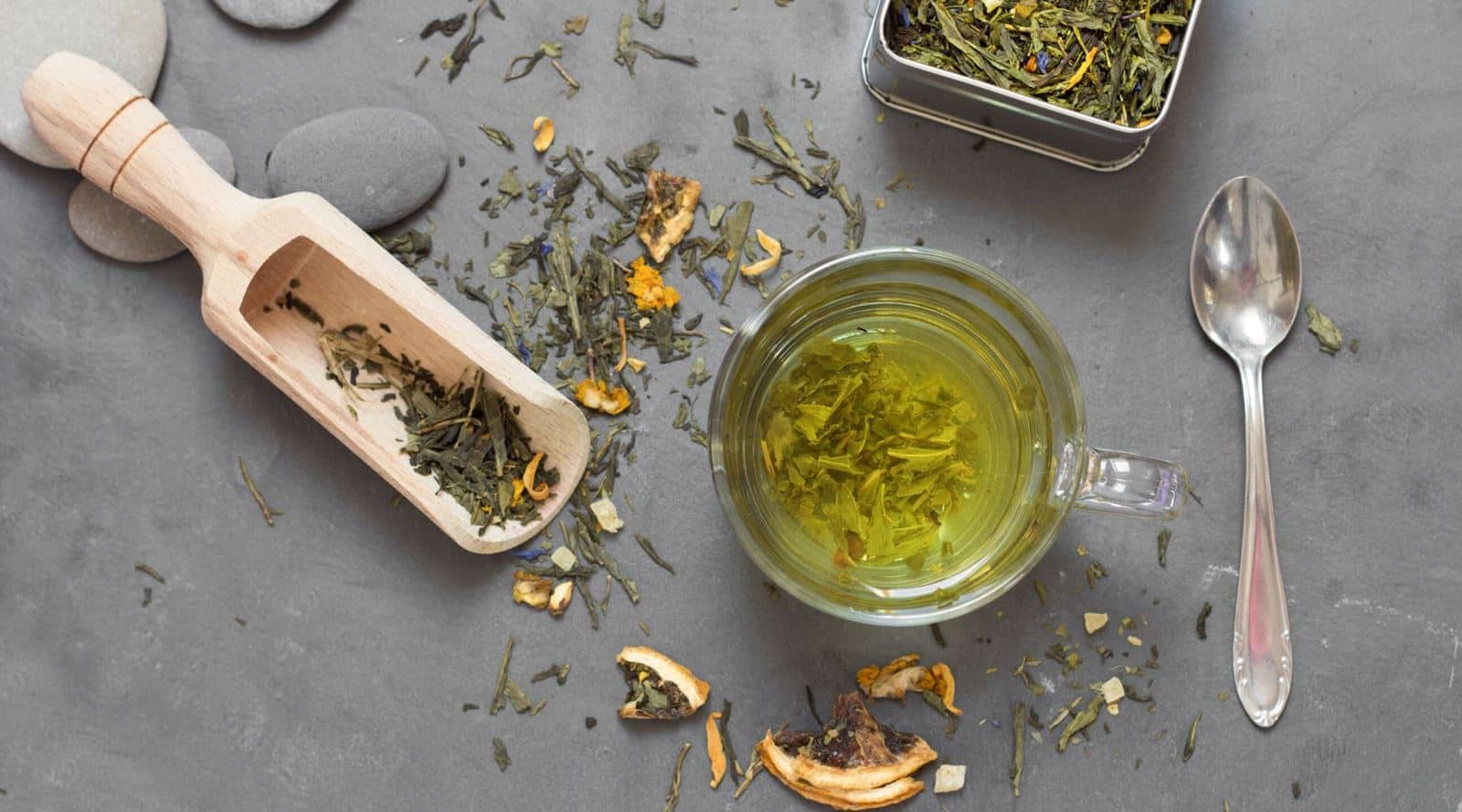Many people have the impression that tea tastes bitter, thus not suitable for consumption. But that is not the case with tea enthusiasts from different parts of the world. This begs the question of why your tea tastes bitter even after brewing it for a while.
Most of the people who feel that their tea is not up to the required standards are most likely newcomers. These individuals have no idea about the rich taste of tea or how it is prepared to taste better. Brewing a cup of tea that’s astringent and not bitter is an effortless activity that anyone can perform without difficulties.
Aspects of Quality Tea
Six categories of tea exist today and each has its own characteristics. Among the six types, white tea, green tea, black tea, and yellow tea are controlled with the water temperature used in their preparation. Control in water temperature helps in eliminating bitterness.
The amount of tea depends largely on the size of the container or the tea set. For new tea lovers, it is advisable not to take this beverage when it is in high concentration. However, when preparing white tea, black tea, and yellow tea, it is recommended that you add at least 3 grams of tea leaves to the boiling water.
Water Temperature
The temperature of the water and the time taken for the tea to soak in water are the two most important factors that determine the quality of tea. Water temperature, in particular, plays a crucial role in the sweet aroma of tea and its solubility in water. This means the water temperature affects the quality of the brewed tea, its performance and the amount of bitterness in it.
For example, when green tea is prepared using very hot water, the freshness of the resulting beverage will go down drastically. On the other hand, when high flavored tea such as Narcissus or Tieguanyin is brewed at lower water temperature, the aroma will not be expressed as expected when prepared in hot water. All these factors can contribute to bitter and astringent tea.
Water temperature is the main factor that determines the amount of bitterness in tea. When the temperature is high, astringency and bitterness will become more pronounced. Lower water temperature will weaken the bitterness in the brewed tea.
This shows that temperature can be varied to determine the amount of bitterness in different types of tea. On top of that, the time it takes for the tea to soak in water can also influence the outcome of the final taste. So, by shortening the soaking time, the bitterness will be improved and vice versa.
Low Temperature (70 to 80 degrees celsius) –This is the most appropriate water temperature for preparing green tea such as Biluochin and Longjing, or yellow teas like Huoshan Huanya and Jushan Yinshen.
Medium Temperature (80 to 90 degrees celsius) – Suitable water temperature for brewing green teas such as Lu’an melon tablets, white tea that has tender buds and light fermentation such as white peony and white silver needless and black tea full of tender buds and so on.
High Temperature (90 to 100 degrees celsius) – This is the most appropriate temperature for oolong tea such as Narcissus, Tieguanyin, Phoenix Single Cong and Wuyi Tea among others. Also, dark tea can be prepared in this kind of water temperature to make it a little bit tasty.
The Soak Time in Water
The time taken for the tea leaves to soak in water can determine the aroma and color of the brewed tea. When the soaking time is shortened, the active ingredients within the tea aren’t leached as expected, leading to a light-colored beverage that is less tasty with low fragrance. But if the soaking time is extended, the resulting tea will taste bitter and heavy.
Sometimes the soaking time is determined by the shape and structure of the tea being brewed. For granulated tea, a little soaking will make it stretch a little bit while helping it release the aroma and improve the taste. When it comes to the finely ground tea, a little soaking will make it dissolve faster, forcing it to precipitate in the process. Therefore, the finely ground tea is not the best choice for soaking.
Final Thought
With that in mind, you should be in a better position to explain why your tea is bitter and astringent after brewing. Temperature and time taken to soak the tea can play a role in determining the bitterness of the brewed tea. Also, the type of tea used in the preparation of this beverage is another factor that influences the outcome. So, you may prevent bitterness and astringency in your tea by observing all the above-mentioned factors.


